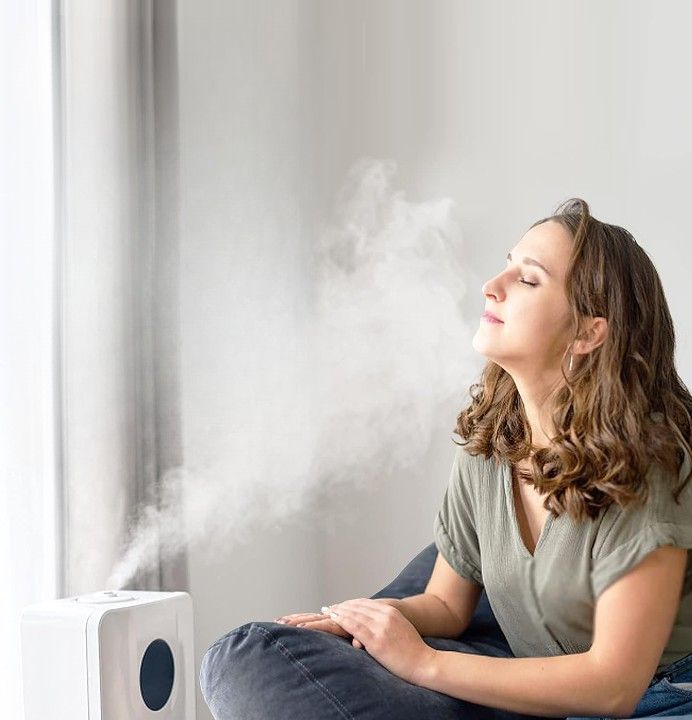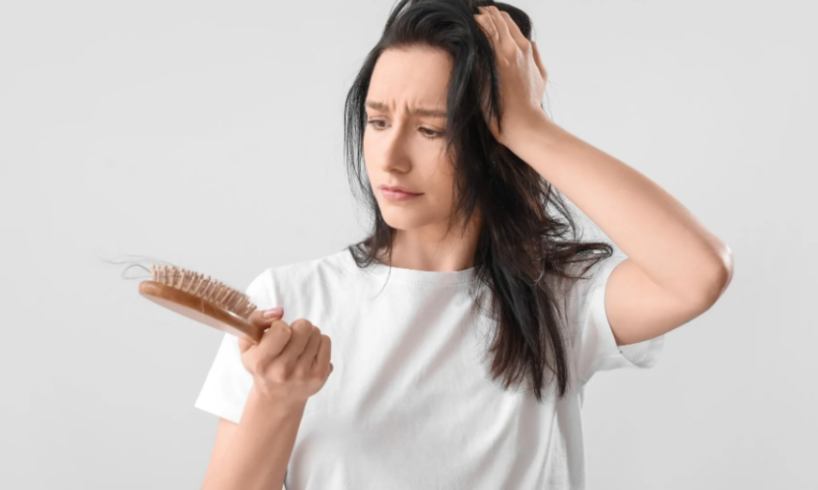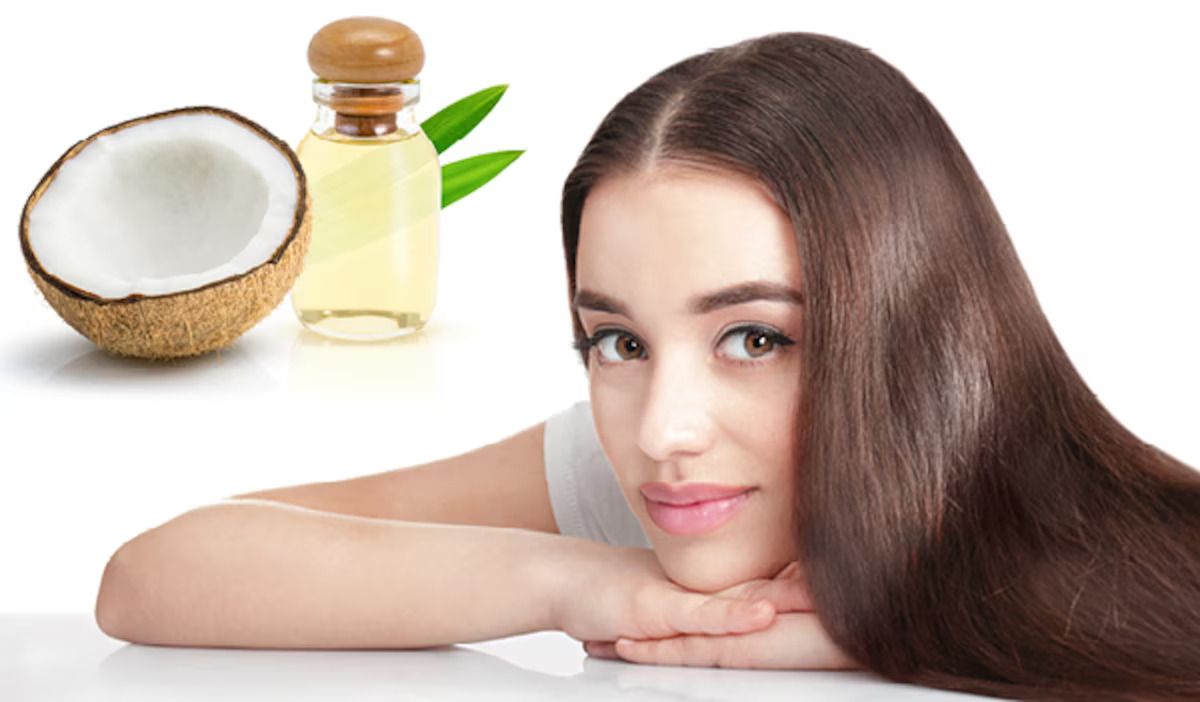Tea tree oil has been used for centuries as a natural remedy for a variety of ailments, including hair care. It is known for its antiseptic and anti-inflammatory properties, making it a popular choice for treating scalp conditions such as dandruff, dry scalp, and itchy scalp.
Tea tree oil can help to nourish and protect your hair, as well as promote healthy hair growth. It can also help to reduce scalp irritation and inflammation while providing a natural shine to your hair. Additionally, tea tree oil can help to reduce the appearance of split ends and frizz, making it a great choice for those looking to maintain healthy, beautiful hair.
What is Tea Tree Oil and What Are Its Benefits for Hair?

Tea tree oil, derived from the leaves of the native Australian plant Melaleuca alternifolia, is a valuable essential oil with numerous benefits. It has been used for centuries by the indigenous people of Australia for its medicinal properties. Tea tree oil is known for its antiseptic, anti-inflammatory, and antifungal properties, making it a popular choice for treating a variety of skin and hair conditions.
When it comes to hair, tea tree oil can be used to treat dandruff, scalp itchiness, and dryness. It can also help to reduce oiliness and promote healthy hair growth. Tea tree oil is a natural alternative to harsh chemicals found in many commercial hair products, and it can be used as a leave-in conditioner or a scalp treatment. For an effective leave-in conditioner, combine a few drops of tea tree oil with a carrier oil like jojoba or coconut oil. Gently apply the mixture to your scalp and hair and enjoy the benefits. For a scalp treatment, mix a few drops of tea tree oil with a carrier oil and massage it into the scalp. Leave it on for 15-20 minutes before rinsing it off.
Overall, tea tree oil is a great natural remedy for hair care. It can help to reduce dandruff, scalp itchiness, and dryness, while also promoting healthy hair growth. It is a great alternative to harsh chemicals found in many commercial hair products, and it can be used as a leave-in conditioner or a scalp treatment.
How to Use Tea Tree Oil for Hair
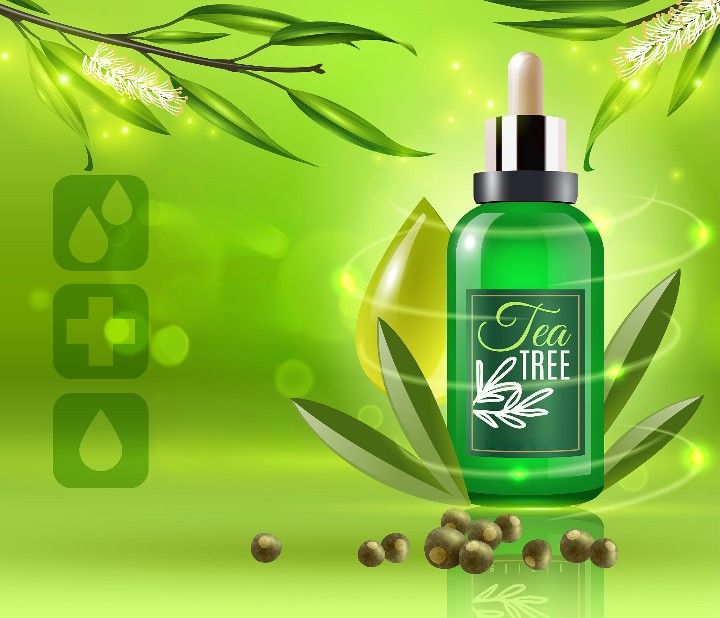
Tea tree oil, a time-honored natural remedy, has been employed for centuries to address a range of conditions, including various hair-related issues. It is a powerful antiseptic and anti-inflammatory agent that can help reduce scalp irritation, dandruff, and even hair loss. It is also known to help promote healthy hair growth and can be used to treat a variety of scalp conditions.
When using tea tree oil for hair, diluting it with a carrier oil such as coconut or jojoba oil is important. This will help to reduce the risk of irritation and ensure that the oil is evenly distributed throughout the scalp.
Tea tree oil can also be used as a natural shampoo. Mix a few drops of tea tree oil with a shampoo and massage it into the scalp. Leave it on for a few minutes before rinsing it off with warm water. This will help to reduce scalp irritation and promote healthy hair growth.
Tea Tree Oil Hair Care Tips
Tea tree oil is a natural oil derived from the leaves of the Melaleuca alternifolia tree. It has been used for centuries as a natural remedy for a variety of ailments, including skin and hair care. In recent years, tea tree oil has become increasingly popular as a natural hair care product, due to its antiseptic and anti-inflammatory properties.
When used as a hair care product, tea tree oil can help to reduce scalp irritation, dandruff, and dryness. It can also help to reduce the appearance of split ends and promote healthy hair growth. To use tea tree oil for hair care, mix a few drops of the tea tree oil spray with a carrier oil, and massage it into the scalp. Leave it on for at least 30 minutes before rinsing it out.
Tea tree oil is also a great natural remedy for treating lice. Mix a few drops of tea tree oil with a carrier oil and massage it into the scalp. Leave it on for at least 30 minutes before rinsing it out. Repeat this process every few days until the lice are gone.
Overall, tea tree oil is a great natural remedy for hair care. It can help to reduce scalp irritation, dandruff, and dryness, as well as treat lice. When used correctly, tea tree oil can help to promote healthy hair growth and reduce the appearance of split ends.
Common Tea Tree Oil Hair Care Mistakes
Tea tree oil is a popular natural remedy for hair care, but it's important to use it correctly to get the best results. Many people make the mistake of using too much tea tree oil, which can cause scalp irritation and dryness. It's best to start with a small amount and gradually increase the amount as needed.
Additionally, some people don't dilute the tea tree oil before applying it to their hair, which can also cause scalp irritation. To avoid this, mix a few drops of tea tree oil with a carrier oil such as coconut before applying it to your hair.
Finally, it's important to remember that tea tree oil is not a substitute for regular shampoo and conditioner. While it can help to reduce scalp irritation and dryness, it should be used in conjunction with a regular hair care routine. By following these tips, you can ensure that you get the most out of your tea tree oil hair care routine.
How to Tell if Tea Tree Oil is Working for Your Hair
Tea tree oil, a renowned natural remedy, is highly sought-after for addressing an array of hair concerns, ranging from dandruff to dry scalp. But how do you know if it's actually working for your hair? Here are a few signs that tea tree oil is doing its job.
First, you may notice that your scalp feels less itchy and irritated. Tea tree oil possesses anti-inflammatory properties that aid in the soothing of irritated scalps. You may also notice that your scalp is less dry and flaky. Tea tree oil can help balance the scalp's natural oils, which can help reduce dryness and flakiness.
Another sign that tea tree oil is working for your hair is that it looks and feels healthier. Tea tree oil can help nourish and strengthen the hair, making it look and feel softer and shinier. You may also notice that your hair is less prone to breakage and split ends.
Finally, you may find that your hair is more manageable. Tea tree oil can help make your hair more manageable, making it easier to style and maintain.
If you're looking for a natural remedy for your hair issues, tea tree oil may be worth a try. Keep an eye out for these signs that it's working for your hair, and you may just find the perfect solution.
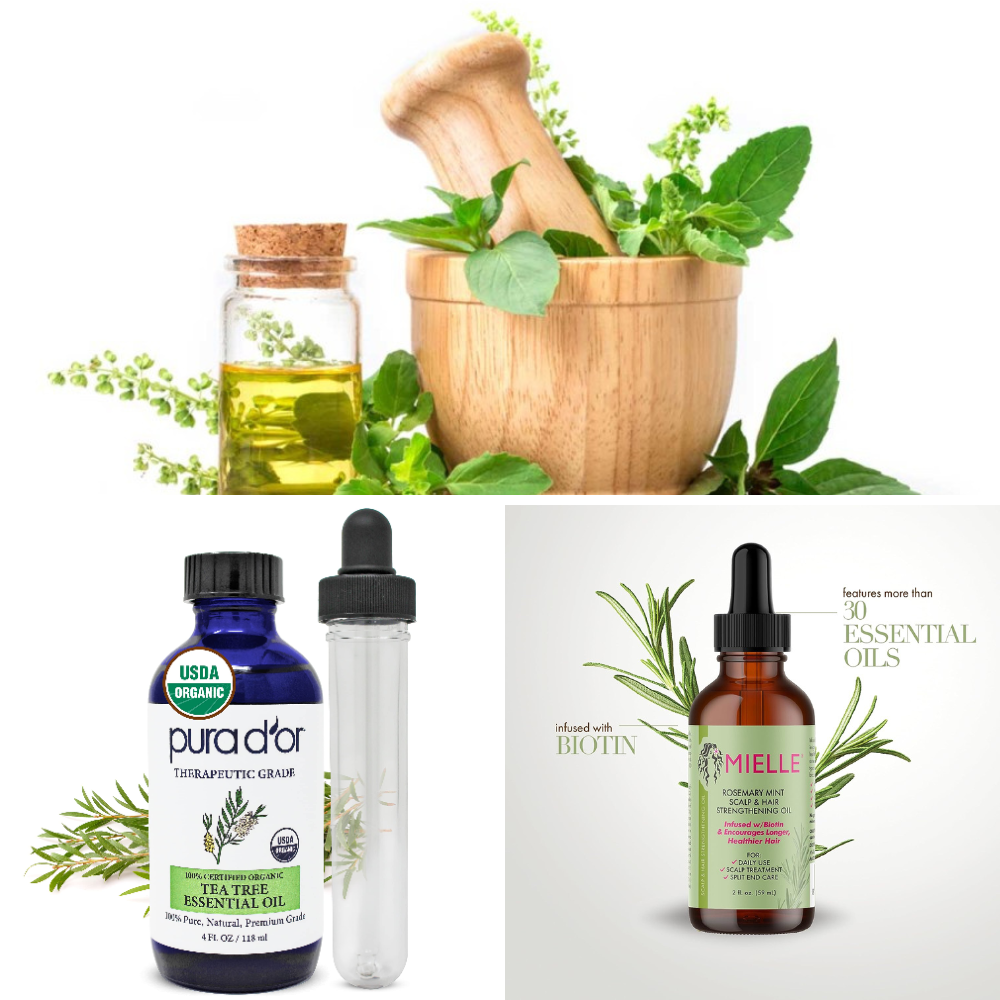
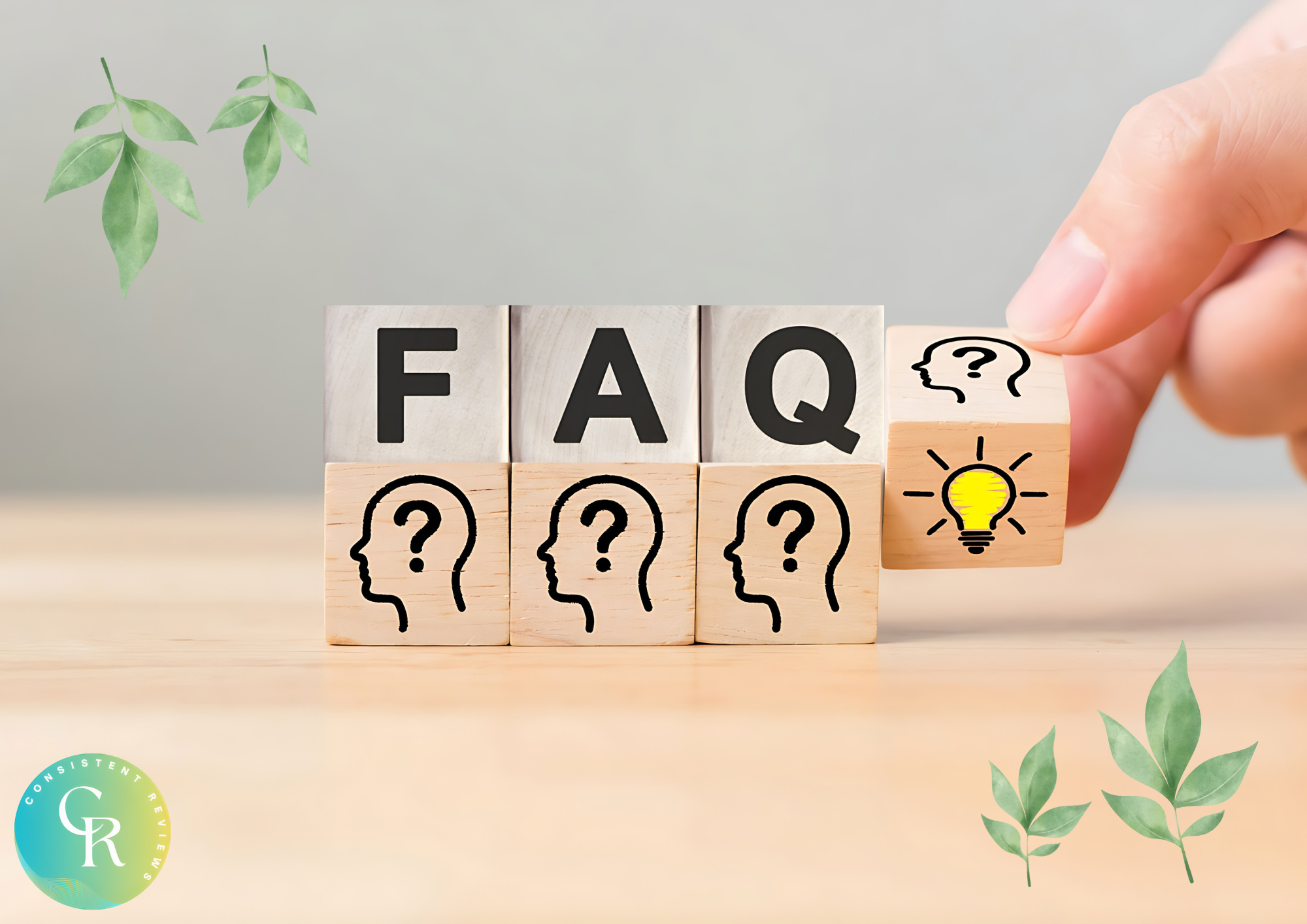
What is tea tree oil and what are its benefits for hair?
Tea tree oil, derived from the leaves of the native Australian Melaleuca alternifolia plant, is a prized essential oil known for its numerous benefits. It has antiseptic, anti-inflammatory, and antifungal properties, making it a popular choice for treating scalp conditions such as dandruff, dry scalp, and itchy scalp. Tea tree oil can also help to reduce scalp inflammation, promote hair growth, and add shine and luster to hair.
How do you use tea tree oil for hair?
Tea tree oil can be used in a variety of ways to benefit hair. It can be added to shampoo or conditioner, used as a pre-shampoo treatment, or applied directly to the scalp. When using pure tea tree oil directly on the scalp, diluting it with a carrier oil such as coconut oil or jojoba oil is important.
What are some tea tree oil hair care tips?
When using tea tree oil for hair care, it is important to use it in moderation. Too much tea tree oil can cause irritation and dryness. It is also important to use a high-quality tea tree oil that is free of additives and preservatives. Additionally, it is important to use tea tree oil with other natural ingredients such as aloe vera, coconut oil, and jojoba oil for maximum benefit.
What are some common tea tree oil hair care mistakes?
One of the most common mistakes when using tea tree oil for hair care is using too much. Too much tea tree oil can cause irritation and dryness. Additionally, it is important to avoid using tea tree oil on broken, sensitive skin, or open wounds. Finally, it is important to avoid using tea tree oil on color-treated hair as it can cause fading.
How can you tell if tea tree oil is working for your hair?
After using tea tree oil for hair care, you should notice an improvement in scalp health, such as reduced dandruff, dryness, and itchiness. Additionally, you may notice an improvement in hair growth, shine, and luster.

In conclusion, tea tree oil serves as a potent natural remedy for various hair issues, from dandruff and dry scalp to promoting hair health and growth. Its antiseptic, anti-inflammatory, and antifungal properties make it a beneficial addition to your hair care routine. However, it's crucial to use tea tree oil appropriately to avoid common mistakes such as overuse or applying it undiluted. Observing your scalp health, hair growth and texture can help you determine if applying tea tree oil is benefiting your hair. Incorporating these versatile essential oils into your routine could be the natural solution you've been seeking for your hair care needs.
